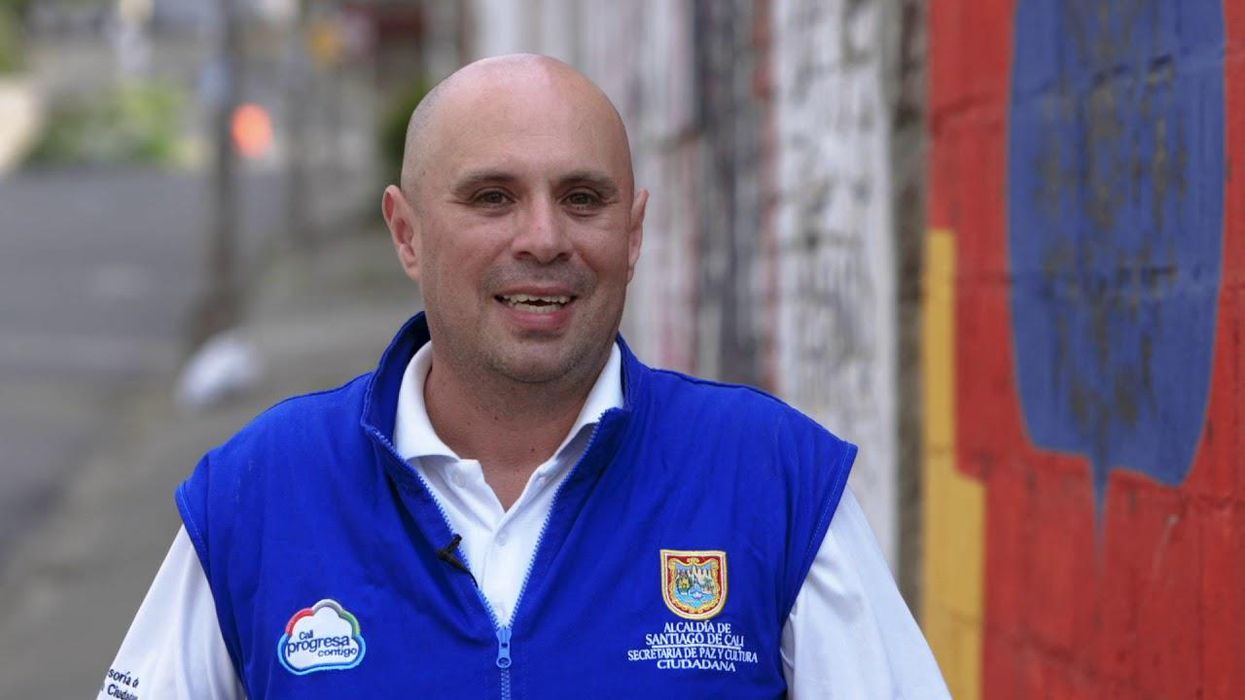Leighninger is the director of public engagement at Public Agenda, a nonprofit, nonpartisan research and engagement organization focused on strengthening democracy, building trust and expanding economic opportunity. This is part of an occasional series on the Healthier Democracies initiative, supported by the Robert Wood Johnson Foundation.
Increasingly, people all over the world are asking how we can make democracy work in new and better ways. On all kinds of issues, people want more choices, more information, and more of a say. Whether the topic is how schools should work or what should be in the local budget, people want their voices to be heard.
The United States is no exception. Americans are clearly looking for change: Our Yankelovich Democracy Monitor research has found that Americans respond enthusiastically to new democratic practices and reforms — especially those giving citizens a greater voice in the decisions that affect their lives and promising more equitable, deliberative, collaborative relationships between citizens and governments.
The most significant challenge is that few understand how to bring about this kind of engagement and reform, or even that it can be done. Most Americans — including most local and state officials and their staff — lack practical knowledge about democratic innovation.
We can gain some democratic inspiration and practical knowledge by taking a look at innovations in other countries. Particularly at the local and state or provincial levels, there are many lessons to learn. Some cities have attained relatively high levels of public trust by creating coherent systems for civic engagement that give citizens meaningful roles in decision-making and problem-solving on many public issues and priorities.
The examples of Cali in Colombia and Bologna in Italy, two recent winners of the Engaged Cities Award given by Cities of Service, illustrate the power of these more democratic local systems. Innovative models for connecting citizens with state and provincial policymaking have also appeared in places like the Brazilian province of Rio Grande do Sul and the state of Western Australia.
Many innovations in other countries — particularly in the Global South — engage much larger numbers, including marginalized populations. And they do so in ways that build social networks and give people a more meaningful say in public decisions. Many also raise up issues of equity and establish public platforms where people examine data on disparities and decide jointly how to address them; in some cases, these reforms have had tangible impacts on economic and political inequity.
Our Healthier Democracies project will examine 10 local and five state or provincial examples from abroad in search of tactics and tools that could be applied in the United States.The work will help spotlight the strength of social networks, point to trust-building strategies and trust in government, gauge levels of support for volunteerism and assess how much influence people have on the public decisions that affect their lives. It will examine how equitable these reforms are, both in terms of who participates and how the outcomes affect different groups.
The new pressures brought by the pandemic have tested these models severely. Some seem to be passing the test, at least from initial reports. For example, the local and national democratic innovations in Taiwan seem to have helped the country respond successfully to Covid-19.
By examining democratic innovations at both the local and state or provincial levels, we can better understand how different types of engagement work at different levels — and gain a clearer sense of how to mix, match, combine and scale them. We may also understand better how the federal government can best support local and state engagement, and even find practices that could be "scaled up" to involve people across the country. We plan to share our learning over the course of the Healthier Democracies initiative through opinion pieces here, in webinars and through reports and video interviews.
In both the United States and around the world, it is critical we learn how to make democracy work better. As people become more dissatisfied with their political systems, their trust in public institutions continues to fall. This has enabled authoritarian figures, who argue that rule by a tyrant is better than rule by democracy, to seize power in many countries.
We should also recognize we need reforms to governance, not just elections. To understand the problems with our democracy, and the ways we might improve it, we should be looking at what happens in between elections and not just how we vote.
Democracies can and should learn from one another in order to improve. Back in the 18th century, the initial designs for early American political institutions were informed by examples from other nations and cultures, including the Haudenosaunee Confederacy (also known as the Iroquois Confederacy) here in North America. Seeking inspiration and practical knowledge from other countries worked for us then, and can help us again today.



















